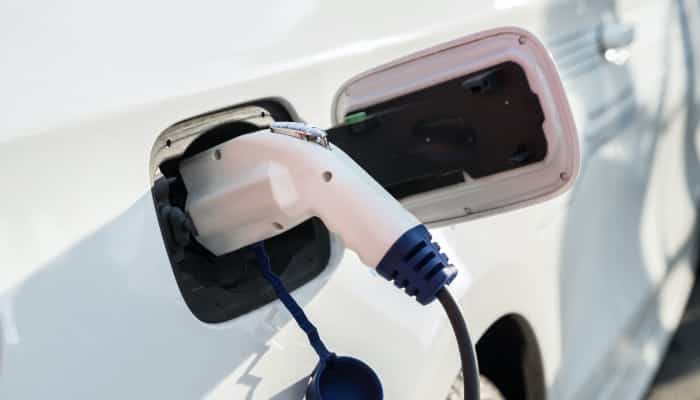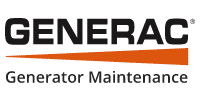
What’s the difference between Level 1, Level 2, and Level 3 (and beyond) charging?
Electric vehicle (EV) chargers are categorized into three main levels based on their power output and charging speed: Level 1, Level 2, and Level 3. Each level is suited for different use cases, providing various charging times and conveniences. The most common EV chargers for residential applications today are Levels 1 and 2.
Level 1 Charging
A level 1 charger is often a plug in type that works on a standard home outlet. This is the easiest to obtain (often coming with the car) and easiest to use (utilizing receptacles you already have). The tradeoff is that is has the slowest charging speed of the three charging levels.
- Power Output: 1.4 kW (120V AC)
- Use Case: Best for overnight home charging
- Equipment Needed: Standard household outlet (120V) and a portable charger that typically comes with the EV
- Advantages: Widely accessible, no additional installation costs
- Disadvantages: Slowest charging speed, not suitable for quick top-ups
If you’re charging a Tesla Model S with the Mobile connector (Level 1) you can only get up to 3 miles of range per hour.
Level 2 Charging
A Level 2 charger is the most commonly utilized and available charging method for at home charging. Utilizing a 240V location with amperages ranging from 30-100 with 60 being the most common, it provides a balanced tradeoff between cost and efficiency.
- Power Output: 3.3 kW to 19.2 kW (240V AC)
- Charging Speed: Adds about 12-60 miles of range per hour of charging, depending on the vehicle and charger
- Use Case: Home, workplace, and public charging stations
- Equipment Needed: Dedicated 240V outlet or hardwired EV charging station
- Advantages: Faster than Level 1, suitable for daily charging needs, widely available at public locations
- Disadvantages: Requires installation of a 240V outlet or charging station, which can be an added cost
The same Tesla Model S from the Level 1 example would charge at 44 miles of range per hour while utilizing a 48A 240V power source.
Level 3 Charging
A Level 3 charger is most commonly seen in commercial applications and retail charging locations.
- Power Output: 50 kW to 350 kW (DC current)
- Charging Speed: Adds about 100-200 miles of range in 30 minutes, depending on the charger and vehicle’s capabilities
- Use Case: Long-distance travel and quick top-ups at public charging stations
- Equipment Needed: Specialized DC fast chargers, usually found at commercial and highway locations
- Advantages: Extremely fast charging, ideal for reducing downtime during long trips
- Disadvantages: Higher cost for installation and use, can be more stressful on the battery if used frequently, not typically available for home use
This charger requires dedicated high amperage power sources and could charge 200 miles of range in a 15 minute period on a Tesla Model S. These are not expected to come to the residential market anytime soon, but are available for convenience while on the road.
Beyond Level 3: Ultra-Fast Charging
This charger is more future-oriented, supporting the next generation of EVs with even faster charging times but limited in availability and expensive.
- Power Output: 350 kW and above (DC current)
- Charging Speed: Can add up to 300 miles of range in 20 minutes, depending on the vehicle and charger
- Use Case: High-demand public charging stations, designed to support the future of EVs with larger batteries and longer ranges
- Equipment Needed: Advanced DC fast chargers with high power output, usually found at major charging hubs
- Advantages: Meets the needs of future high-capacity batteries, significantly reduces charging time
- Disadvantages: Very high cost for installation and maintenance, limited availability
Each level of EV charging serves different needs, from daily commuting to long-distance travel, ensuring that EV owners have flexible options for keeping their vehicles powered up.
Power Up Baltimore with Expert EV Charger Installation!
Ready to charge your electric vehicle faster and more conveniently? Our licensed electricians specialize in EV charger installations for homes and businesses across Baltimore. Enjoy the benefits of efficient, eco-friendly charging with a trusted local expert.
🔌 Why Choose Us?
- Certified and experienced electricians
- Customized solutions for your home or business
- Fast, reliable installation services
- Competitive pricing and free estimates
Don’t wait – enhance your Electric Vehilcle experience today! Contact us now to schedule your EV charger installation and drive Baltimore towards a greener future.
Call Stella Electric at (410) 429-0479] or contact us online to get started!






